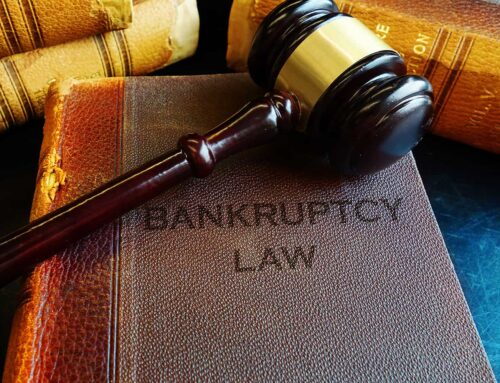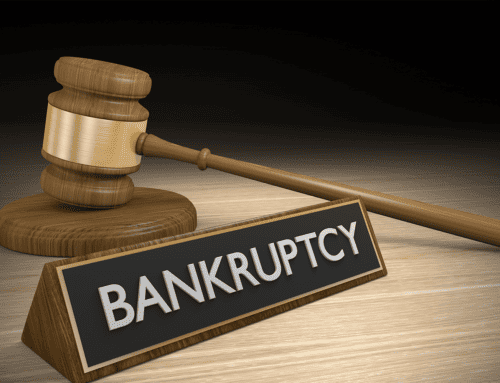If you have never dealt with bankruptcy before, you may be confused at all the terminology being thrown around. At Brent George Law, we will ensure that you know what is going on with your situation. To get you started, the following are some common terms that are used when speaking about bankruptcy.
Bankruptcy Petition
The petition is a document that the debtor will file if they feel they can no longer be responsible for payments owed to creditors. It is sometimes filed by creditors on behalf of debtors who are delinquent in those payments. There is an official form to do this, and when it’s complete, the case will be legally opened.
Chapter
Most often, you will hear “Chapter 7” or “Chapter 13.” This basically just refers to the type of bankruptcy filing. A Chapter 7 filing is provided for liquidation. A Chapter 13 is provided for debt adjustments of individuals who have a regular income. Chapters 9, 11, 12 and 15 are some other filings that may be referred to as well.
Creditor
A creditor is the person or company that the debtor owes money to. For a homeowner, it is the institution that holds the home loan. For someone who owns a credit card, it is the credit card company.
Dischargeable Debt
In some situations, the debtor’s personal liability can be removed from the petition. This is known as dischargeable debt and is allowed by the Bankruptcy Code.
Motion to Lift Automatic Stay
Creditors are prohibited by law through the automatic stay to take any action against a debtor filing bankruptcy. A motion to lift the automatic stay can be made by the creditor to try and get around that prohibition. The court will then take a look at the motion to determine whether or not the stay will be lifted and the creditors can take action.
No-Asset Case
Chapter 7 filings often result in a no-asset case. What this means is that the debtor has no remaining assets to pay back a creditor’s claims that were unsecured.
Pre-Bankruptcy Planning
This is when the debtor’s property is arranged in order to take the most advantage of exemptions. In many situations, nonexempt assets are converted into exempt assets during this planning process.
U.S. Trustee
This is a Justice Department officer who supervises bankruptcy cases. The officer will monitor plans, fee applications, and creditors’ committees. Other statutory duties are also often performed.
Understanding bankruptcy terms will not happen overnight, but neither will the bankruptcy case. Take some time to learn as much as you can, and allow a bankruptcy attorney at Brent George Law to help. Contact Brent George Law today for a free bankruptcy consultations






